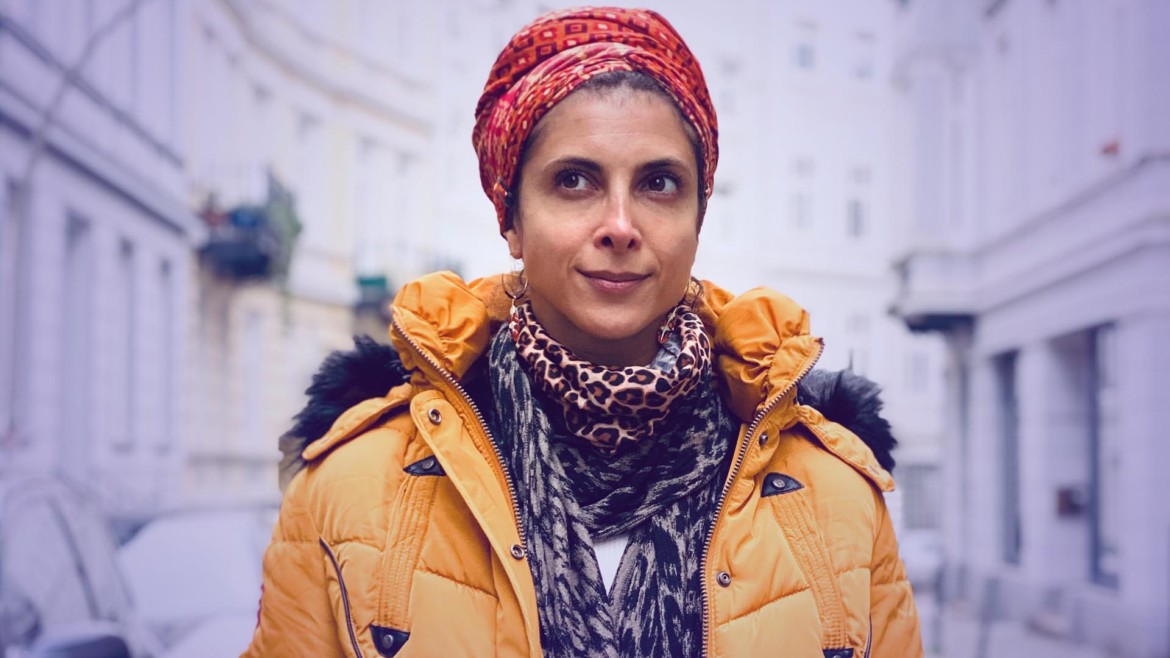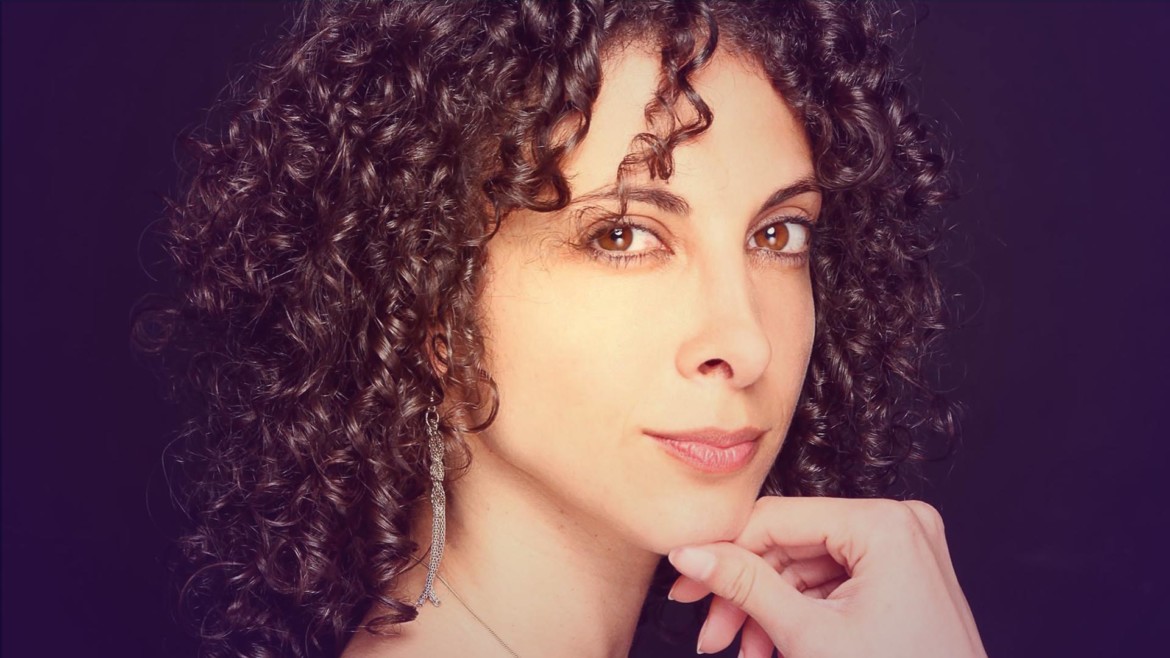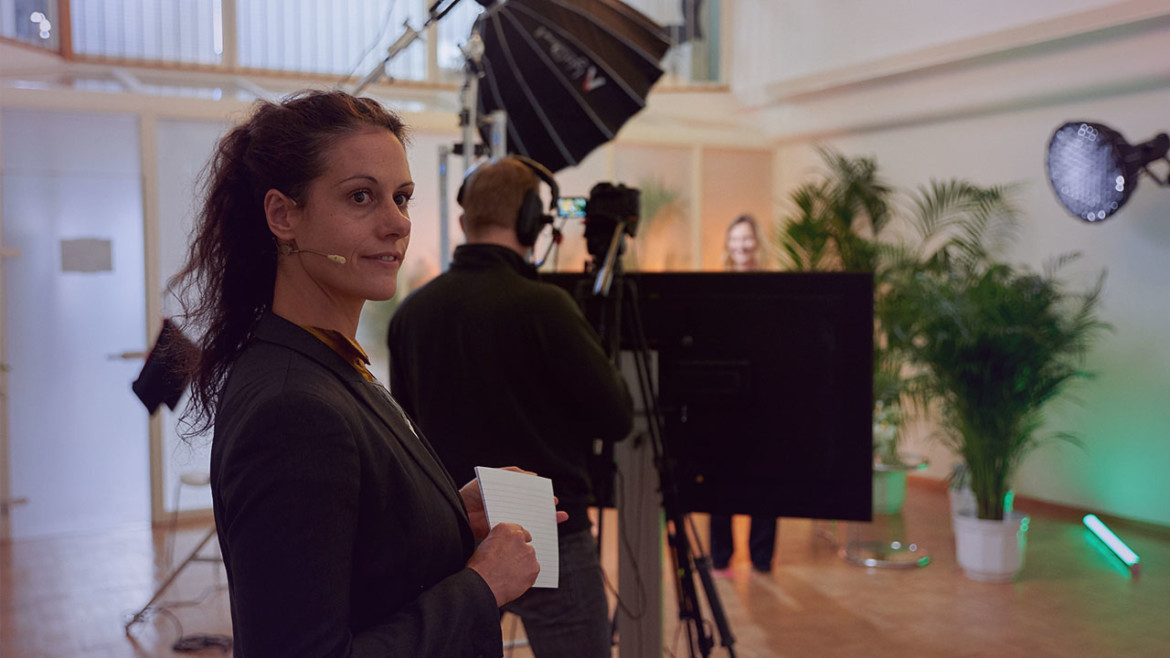Hello Dominique! Thank you for taking the time to talk to us! You are a musical performer. Is it enough to do a training or do you need more? If so, what?
Dominique: I was in a professional children’s musical group since I was 15, where we toured every weekend all over the Netherlands in big theatres. First Rats, the Pied Piper of Hamelin and then Charlie and the Chocolate Factory. For this children’s musical I had to audition and dance. So I got to know the musical business very early. Later I got a place at a renowned musical school, and I’m sure my history with the children’s musical helped. School was very difficult. I was often there from 8 in the morning until 10 at night. Since we were taught singing, dancing and acting at a professional level, it took a lot of time. But I learned a lot here. Without this, I would not have been able to earn my living as a musical performer. So, yes, professional training is important. Also that certain something that casters often look for. But you don’t really have that in your hands. So what you can do yourself is be well trained, know yourself well and be able to assess yourself, and otherwise you just need a portion of luck.
Why did you study politics after your artistic studies? What was behind it?
Dominique: I have always loved learning and I wanted to work not only physically but also mentally. At that time, there was not much choice in international studies, so I chose European Studies (international politics, communication and economics).
Which role was the most challenging/hardest for you to identify with?
Dominique: The role of Aida. I’m more someone who likes to be funny and this role is very serious. That’s not really my thing. I’m a happy guy and I like to laugh a lot.
You also have experience in directing and choreography. Was that your personal learning/interest or did you “slide” into it?

Dominique: At my age, the roles I can play on stage are becoming fewer, so I started looking around. That’s why I studied European Studies. But during my internship at the EU Parliament, I realised that I really missed the theatre and its world. I didn’t want to become a bitter person working backstage (or in front of) the stage, although I would rather be on stage. Then I got an opportunity to teach musical theatre in China and to direct and choreograph my own musicals for young people. I thought, that’s so far away from Europe, if I make mistakes or think it’s totally stupid, at least no one in Europe knows about it. But teaching was actually a lot of fun!
On stage you are always live. At what point did you develop a routine and notice how you can calm yourself down?
Dominique: You usually rehearse the pieces about 6-8 weeks before you play with an audience, then you usually already have a routine. When I slip into my role and stand on stage, I’m usually not that excited anymore. I tend to be extremely nervous at auditions. But as I said, once I’m in the show, it works. At the most, I get nervous when I have a solo song. It helps me a lot to practise beforehand and to know what I’m doing, when and why. When I sing my song, I let myself go and have complete confidence in myself.
How high is the stress level and hectic backstage at Disney productions compared to smaller stages?
Dominique: In the big productions, such as Disney, everything is so well timed that everyone knows what they are doing, when they are standing where (even backstage) and everyone has their own area of responsibility. When there are quick costume changes or alterations to the stage set, there is the normal stress. But there is no hectic. That would be life-threatening with the large equipment backstage. In the small to very small theatres, everyone does everything and then there is sometimes a hectic pace. There is usually not as much rehearsal time as in the big productions and often there is learning by doing.
Do you think a success story like Meryl Streep’s (becoming famous on stage and then moving to the big screen) is also possible in Germany?
Dominique: That depends on the theatre sector. I don’t see it happening so quickly with musicals. With drama theatre it is often the case. For example, in Great Britain or the USA, the theatre sector is not as isolated as in Germany. There are many actors who come from the musical field and also work for TV and film. In Germany, I have the feeling that each field works a bit for itself. In other countries, the boundaries are more fluid.
What/who would you like to play and why?
Dominique: I would love to play Mimi in Rent. Mainly because I love the music. It’s not a funny role, unfortunately, but I would still like to play it. In general, I would like to see more humorous roles for women on stage.
Can you give us a preview of 2021? Is there anything we can look forward to seeing you on stage?
Dominique: If everything gets back to normal, I will be on stage in Tecklenburg in the summer with Sister Act and The Visit of the Old Lady. I would also like to make a foray into television. But theatre remains my first love.
Thank you very much for this interview Dominique Aref!






Leave a Reply